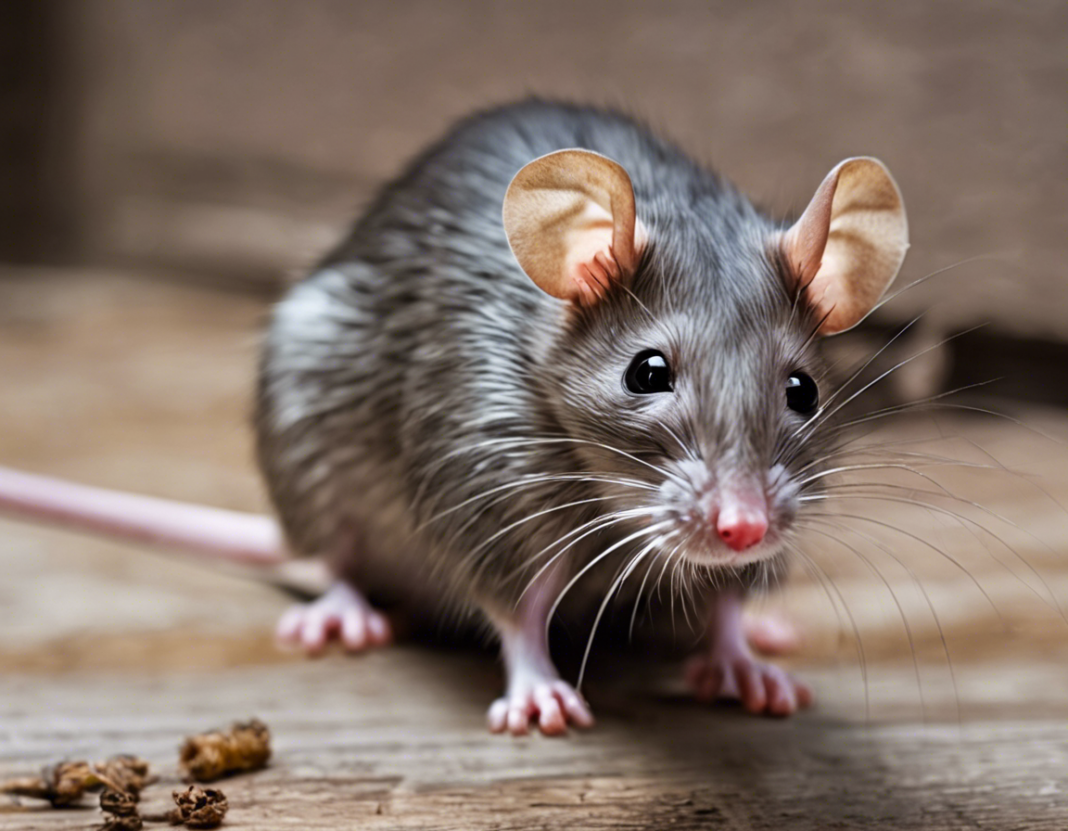Decoding the “Smell a Rat” Idiom: Exploring its Meaning and Origins
The English language is rich with idioms – phrases that have a figurative rather than literal meaning. One such idiom that often piques curiosity is “to smell a rat.” What exactly does it mean when someone says they “smell a rat,” and where did this expression originate from? In this comprehensive guide, we will delve into the meaning of this idiom, provide examples of how it is used in context, and explore its cultural significance.
Understanding the Idiom:
The idiom “to smell a rat” is used to convey suspicion or a sense that something is not quite right in a given situation. It implies that the person has a gut feeling or intuition that something dishonest, deceitful, or untrustworthy is happening. Just as one might physically detect the presence of a rat by its foul odor, to “smell a rat” suggests the sense of detecting something amiss or fishy in a non-literal sense.
Origins of the Idiom:
The origins of the expression “smell a rat” can be traced back to the 16th century in Europe. Rats, being associated with filth and cunning behavior, were often used as a metaphor for suspicion and distrust. The phrase gained popularity in English literature and has since become a common idiom in everyday language.
Usage of the Idiom:
The idiom “smell a rat” is typically used in informal contexts when expressing doubt, skepticism, or a feeling that all is not as it seems. Here are a few examples of how this idiom can be used in sentences:
- “I thought everything was fine, but lately, I’ve been smelling a rat with his excuses.”
- “The new employee’s behavior has been strange; I smell a rat.”
- “She immediately smelled a rat when he offered to sell her the luxury watch at such a low price.”
Exploring Related Idioms:
The “rat” theme appears in various other idiomatic expressions as well. For instance, “like rats leaving a sinking ship” implies that people are deserting a situation or abandoning a cause that is failing. Similarly, “caught in a rat race” refers to being stuck in a competitive, repetitive cycle without clear progress.
Cultural Significance:
The idiom “to smell a rat” reflects a universal human experience – the ability to sense when things are not quite right. In many cultures, rats symbolize cunning, secrecy, and betrayal, making them a fitting metaphor for suspicion and dishonesty. This idiom underscores the importance of trusting one’s instincts and being vigilant in detecting potential deceit or trickery.
FAQs About the “Smell a Rat” Idiom:
-
Q: Can “smelling a rat” also refer to detecting danger or an unsafe situation?
A: Yes, the idiom can be used in scenarios where someone senses a threat or perceives a risk beyond mere suspicion. -
Q: Are there similar idioms in other languages that convey the same meaning?
A: Yes, many languages have idiomatic expressions involving rats or other animals to signify suspicion or deceit. -
Q: Does the idiom “smell a rat” always have negative connotations?
A: While it typically implies something amiss, context plays a key role in determining whether the suspicion is justified or not. -
Q: How can one differentiate between simply “smelling a rat” and being paranoid?
A: Trusting one’s intuition is important, but it is also essential to critically evaluate the evidence before jumping to conclusions. -
Q: Can the idiom “to smell a rat” be utilized in formal writing, or is it more colloquial?
A: While slightly informal, the idiom can be used in creative writing, fiction, or informal essays to add color and express suspicion.
In conclusion, the idiom “to smell a rat” serves as a powerful linguistic tool to convey suspicions and distrust in a vivid and relatable manner. With its roots in cultural perceptions of rats as symbols of cunning and deception, this expression continues to be a widely used and understood phrase in English language communication. Trust your instincts – if you “smell a rat,” there may just be one lurking nearby.

